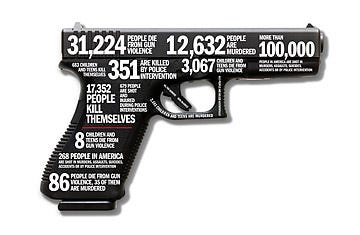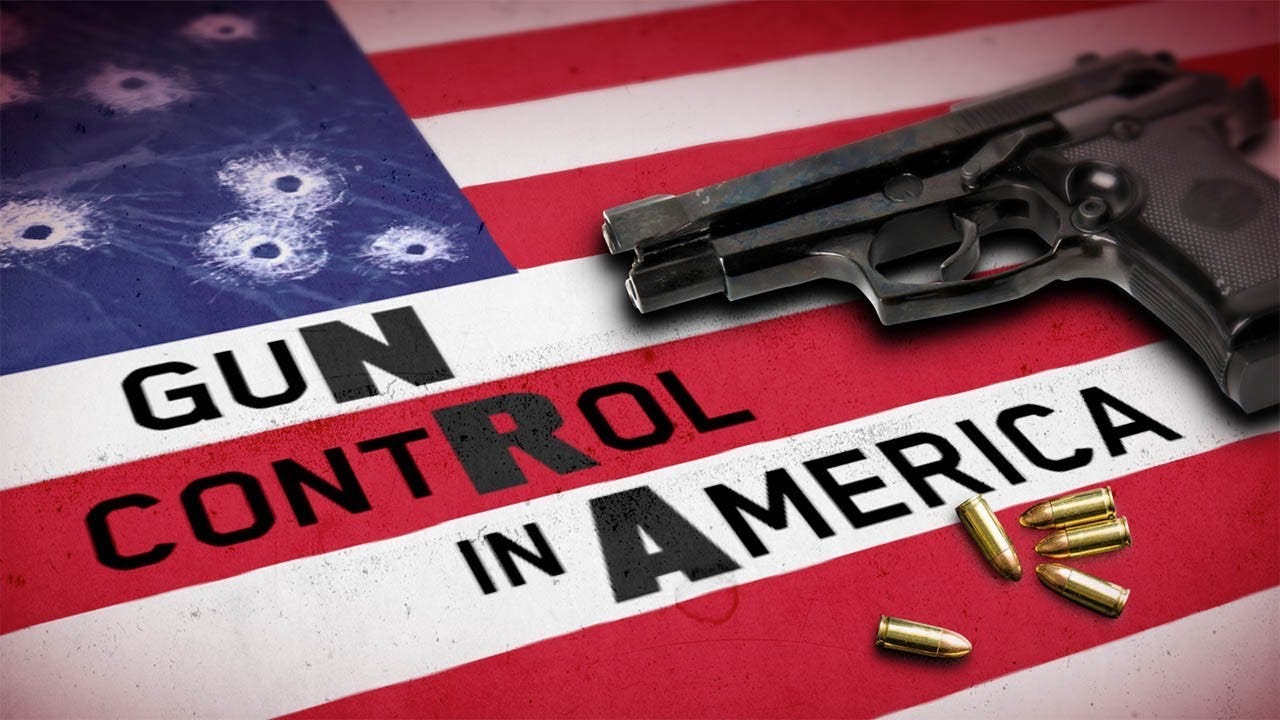Gun control in America is a topic that provokes intense debate and impassioned arguments from all sides. The issue is deeply embedded in the nation’s history, culture, and legal framework, leading to a multifaceted discussion that encompasses constitutional rights, public safety, and societal values. Understanding the complexities of gun control requires an exploration of historical contexts, legislative developments, and the current state of affairs, along with an analysis of the arguments both for and against stricter regulations.
Table of Contents
Historical Context
The right to bear arms is enshrined in the Second Amendment of the United States Constitution, adopted in 1791 as part of the Bill of Rights. The amendment states, “A well-regulated Militia, being necessary to the security of a free State, the right of the people to keep and bear Arms, shall not be infringed.” This provision was influenced by the English Bill of Rights of 1689 and the colonial experience, where militias played a crucial role in community defense and the Revolutionary War.
Throughout the 19th and early 20th centuries, gun ownership was largely unregulated, reflecting a society where firearms were a common tool for hunting and personal defense. However, as America evolved into a more urban and industrialized nation, the dynamics of gun ownership and the associated risks changed, prompting calls for regulation.
Legislative Milestones
The first significant federal gun control legislation was the National Firearms Act (NFA) of 1934, which was a response to the gang violence of the Prohibition era. The NFA imposed strict regulations on certain types of firearms, such as machine guns and sawed-off shotguns, requiring registration and taxation. This was followed by the Gun Control Act of 1968, enacted after the assassinations of John F. Kennedy, Robert F. Kennedy, and Martin Luther King Jr. The 1968 Act expanded the scope of regulation, introducing restrictions on the sale of firearms and prohibiting ownership by certain groups, such as felons and minors.
In 1993, the Brady Handgun Violence Prevention Act mandated federal background checks for firearm purchasers and created the National Instant Criminal Background Check System (NICS). Further, the Federal Assault Weapons Ban, enacted in 1994, prohibited the manufacture and sale of certain semi-automatic firearms and large-capacity magazines, though this ban expired in 2004 and has not been renewed.
Current State of Gun Control
Today, gun control in the United States is a patchwork of federal, state, and local regulations, resulting in significant variations across the country. While federal law establishes baseline requirements, such as background checks for purchases from licensed dealers, states have the autonomy to implement additional measures. Some states, like California and New York, have enacted comprehensive gun control laws, including assault weapon bans, mandatory waiting periods, and restrictions on concealed carry permits. Conversely, states like Texas and Arizona have more permissive laws, reflecting a strong cultural attachment to gun ownership.

Arguments for Gun Control
Proponents of stricter gun control argue that such measures are essential for reducing gun violence and enhancing public safety. They point to statistics showing that the United States has a higher rate of gun deaths compared to other developed countries, attributing this to the relative ease of accessing firearms. Advocates contend that comprehensive background checks, mandatory waiting periods, and restrictions on high-capacity magazines and assault weapons can prevent mass shootings and reduce the overall incidence of gun-related homicides and suicides.
Public health researchers also highlight the effectiveness of gun control in other countries. For example, Australia enacted stringent gun laws following a mass shooting in 1996, including a ban on semi-automatic rifles and a national buyback program. Since then, Australia has not experienced a mass shooting, and gun-related deaths have significantly declined. Gun control supporters argue that similar policies could have comparable effects in the United States.
Arguments Against Gun Control
Opponents of gun control maintain that the right to bear arms is a fundamental constitutional guarantee that should not be infringed upon. They argue that firearms are an essential means of self-defense, particularly in a country with significant rural areas where law enforcement response times can be lengthy. For many, gun ownership is also a symbol of personal freedom and resistance to government overreach.
Critics of gun control measures assert that such laws often fail to prevent criminals from obtaining firearms, as those intent on committing crimes will find ways to circumvent regulations. They argue that law-abiding citizens should not be penalized for the actions of a minority. Furthermore, some studies suggest that areas with higher rates of gun ownership do not necessarily experience higher rates of gun violence, indicating that cultural and socioeconomic factors also play critical roles.
The National Rifle Association (NRA) and other gun rights organizations emphasize that education and responsible gun ownership are more effective than restrictive laws. They advocate for measures such as improved mental health services, enhanced security in schools, and better enforcement of existing laws rather than introducing new restrictions.
The Role of Public Opinion
Public opinion on gun control in America is deeply divided and often influenced by recent events. Mass shootings, such as those in Sandy Hook, Parkland, and Las Vegas, tend to galvanize support for stricter regulations, while periods of relative calm see a resurgence of gun rights advocacy. Polls consistently show that a majority of Americans support measures like universal background checks and red flag laws, which allow for temporary removal of firearms from individuals deemed a threat to themselves or others. However, there is less consensus on more restrictive measures, such as banning assault weapons.
Conclusion.
Gun control in America remains a complex and contentious issue, shaped by historical legacies, cultural values, and differing interpretations of the Second Amendment. While there is broad agreement on certain measures, such as background checks, the nation remains deeply polarized on the overall approach to gun regulation. Balancing the right to bear arms with the need to ensure public safety continues to be a challenging task for policymakers, reflecting the diverse perspectives and priorities of the American populace.


Leave a Comment